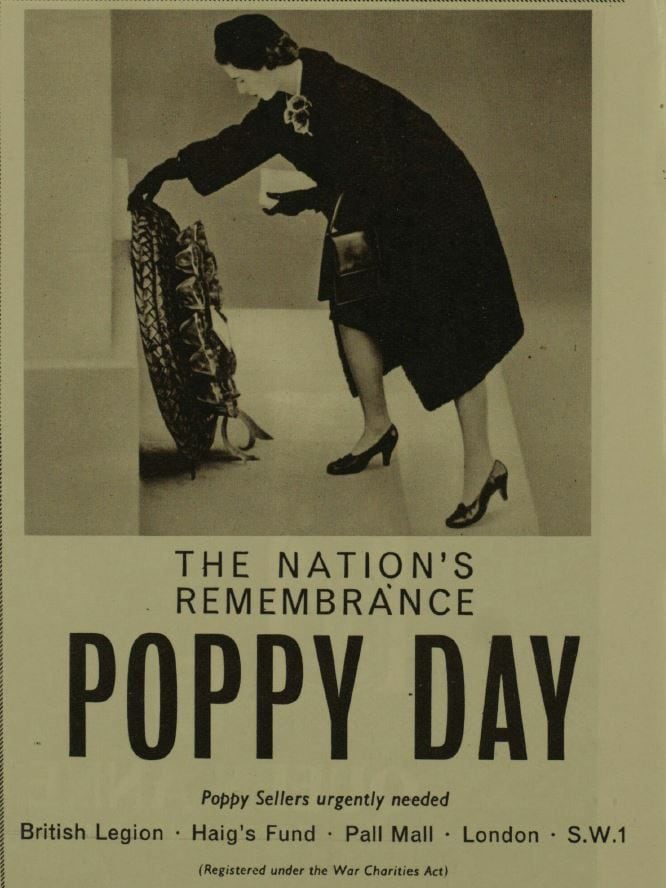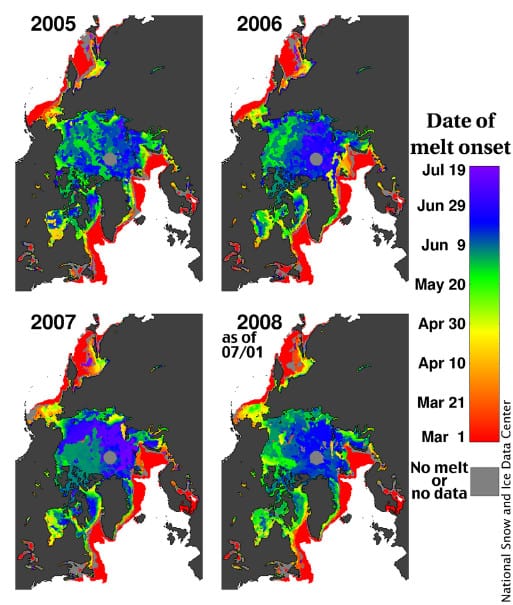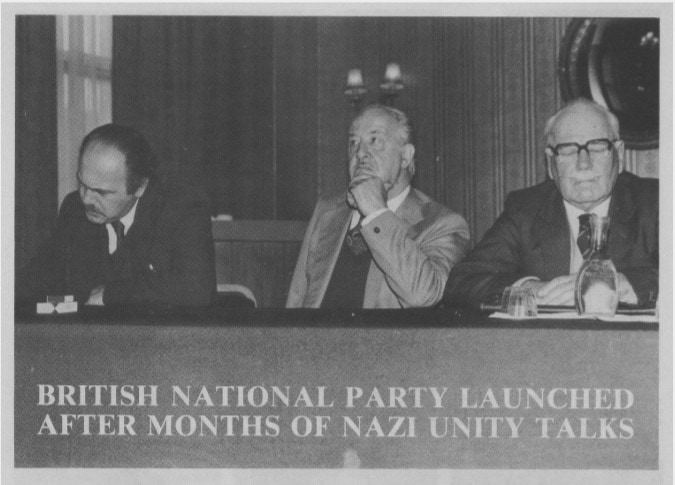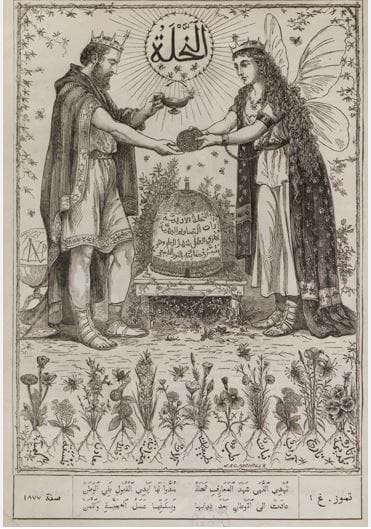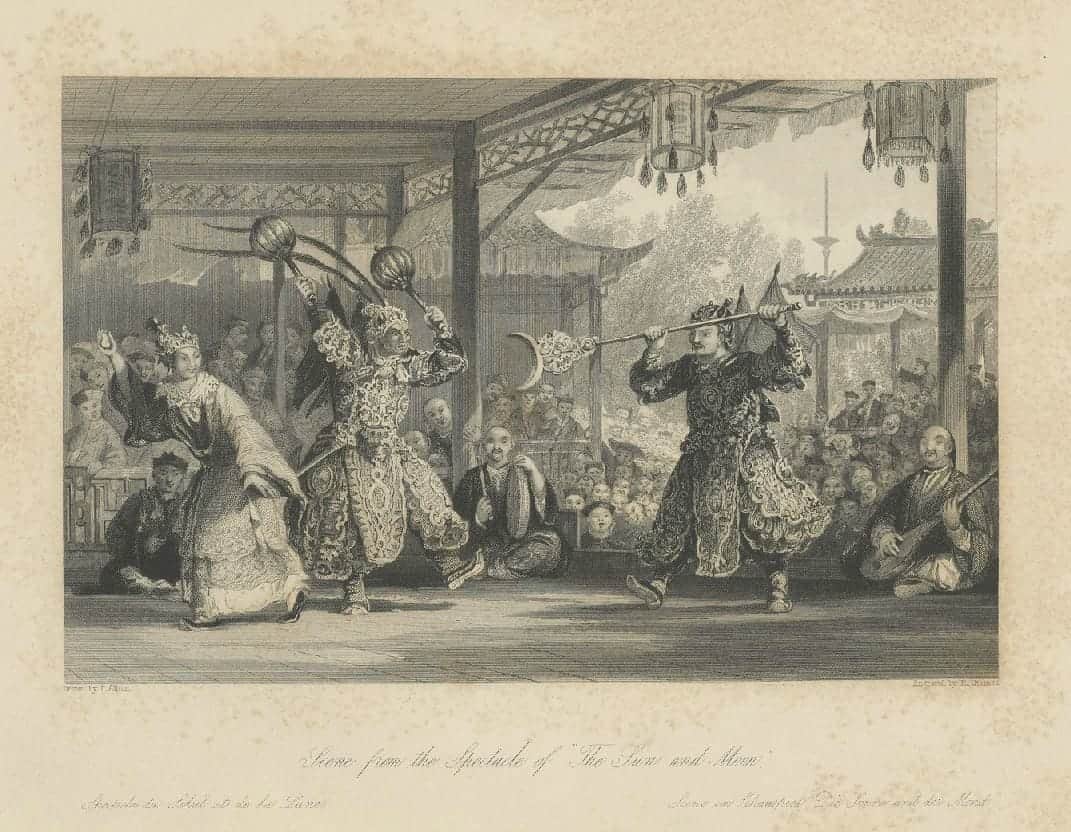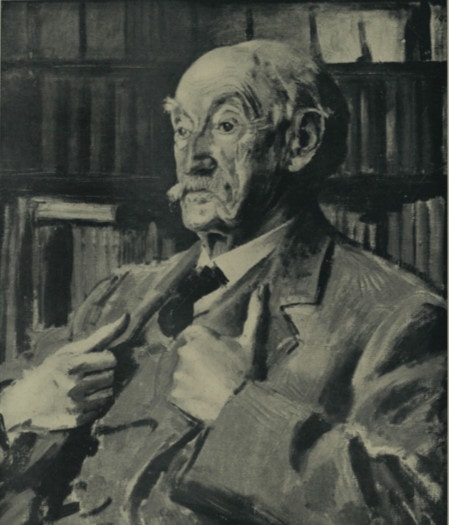By Daniel Mercieca, Gale Ambassador at Durham University
“She was not an existence, an experience, a passion, a structure of sensations, to anybody but herself. To all humankind besides Tess was only a passing thought. Even to friends she was no more than a frequently passing thought.” [i]
The well-trodden Dorsetshire heathlands, bustling rustic communities and evanescent ghosts from Thomas Hardy’s folkloric world, Wessex, continue to impress memories of English rural heritage. Hardy’s sensitive capturing of ‘mere impressions of the moment’ in prose and poetry; the cascade of raindrops on a gate, hazy warmth of a barn dance or ghostly silhouette of a horse rider in sea mist, reinvigorates our appreciation of ordinary experience [ii]. This year marks the 90th anniversary of Hardy’s final collection of verse, Winter Words in Various Moods and Meters (1928), whose sombre cadences echo amongst later generations of modern poets and can be found in The Times Historical Archive. The continual resurgence of Hardy’s works in dramatic and televisual adaptations, modern poetry and National Trust Heritage fosters a Wessex mythology which remains vibrant today.
Read more




